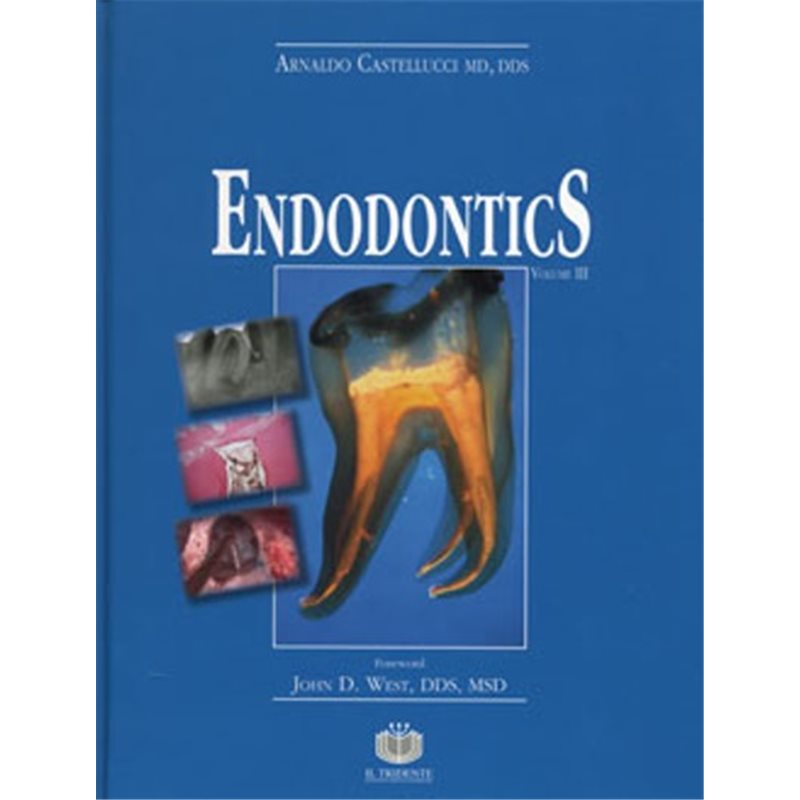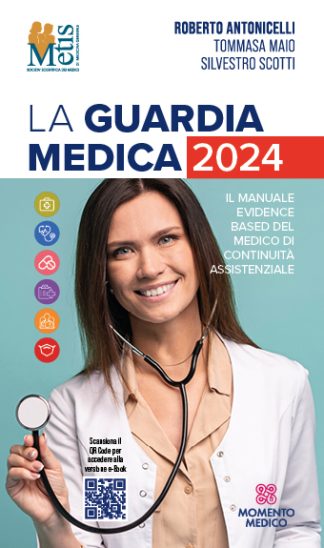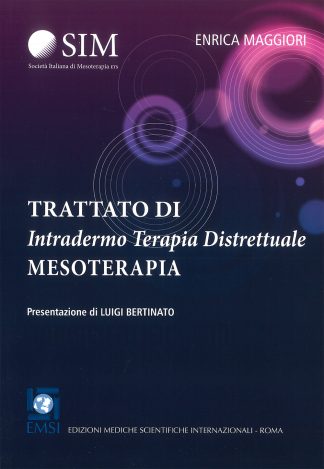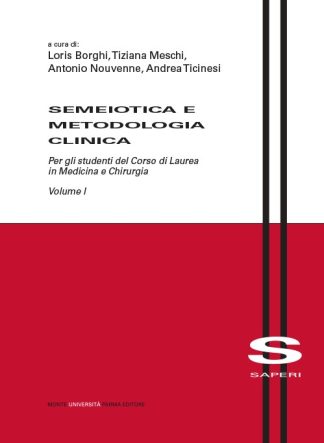ENDODONTICS – Vol. 3
200,00 €
Martina Editore
Volume in lingua inglese
Pages 512 – 2040 color illustrations
endodonzia
Esaurito
Descrizione
The vital organ of the tooth is the attachment apparatus, which consists of three components: cementum, bone, and periodontal ligament. The function and durability of the tooth depend upon it. In fact, the viability of a tooth in the arch depends more on the health of its attachment apparatus than on the presence of pulp tissue within its root canal system. Destruction to this vital organ impairs the ultimate retention of the tooth.” The attachment apparatus can be affected by a variety of diseases, which may be of endodontic, periodontal, or occlusal origin. These different pathologic processes may also coexist in the attachment apparatus of the same tooth, giving rise to so-called “combined” lesions. Awareness of the reciprocal relationship between endodontic and periodontal pathologic processes is of particular importance in diagnosing the endodontic and periodontal components of lesions. As a matter of fact, this is the most frequent combination of pathologic processes, and it often causes great diagnostic problems. The two disease processes may have many signs and symptoms in common such as edema of the marginal gingiva, the presence of fistulae draining through the gingival sulcus, probing sensitivity to percussion, mobility, and periradicular or even periapical radiolucency. This can cause great diagnostic difficulties which become even greater when the two pathological processes coexist or when one simulates the clinical or radiographic appearance of the other. The importance of a correct diagnosis is obvious (Is the lesion of endodontic origin? Is it of periodontal origin? Is it a combined lesion?)…











Recensioni
Ancora non ci sono recensioni.